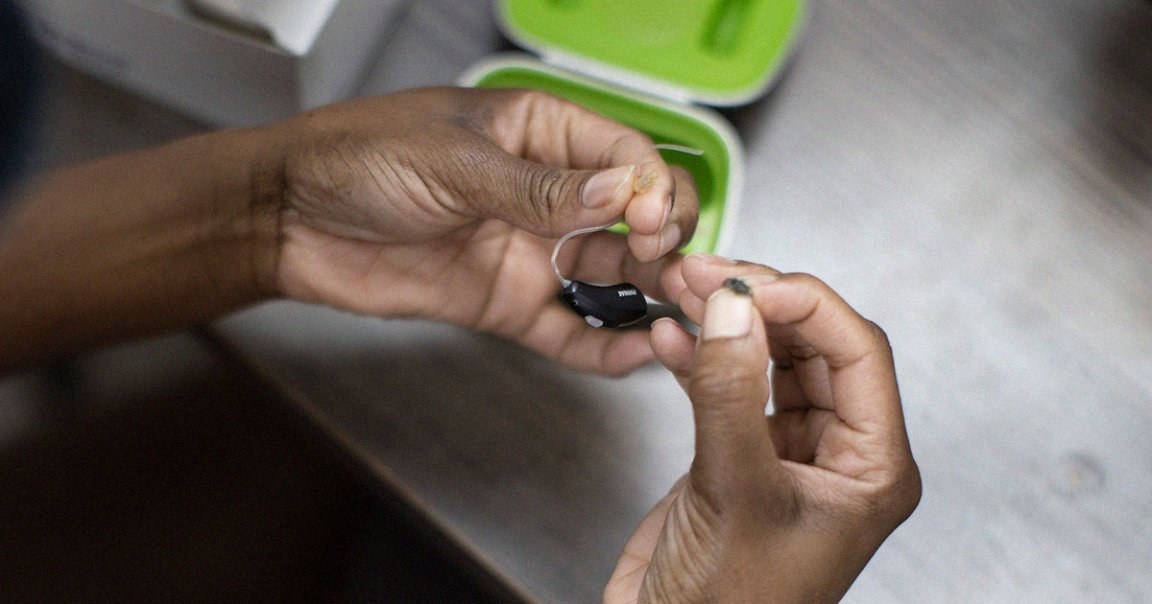
Getting Aid
For the millions of Americans with hearing loss, a hearing aid is a life-changing but often prohibitively expensive solution. Neither covered by Medicare nor available over-the-counter, patients currently have to shell out the big bucks and get a doctor’s approval. But not anymore: the FDA says it’s creating a new class of hearing aids that can be bought without a prescription, in a final ruling issued Tuesday.
As early as this October, anyone with mild to moderate hearing loss — and the necessary cash — will be able to waltz into their local retailer and pick up a hearing aid, no exams or prescriptions required. Those with severe hearing loss that require a more advanced aid will still have to go through the normal hurdles, though, the regulator says.
Price Change
The FDA estimates that some 30 million adults in the US could benefit from the use of a hearing aid, but with the cost of entry as high as $5,000, it’s not surprising that they aren’t more ubiquitous.
That type of price tag could be knocked down by up to $2,800, according to one government estimate. In the end, though, it’s tough to say how prices may change until products actually hit the market.
“It’s very hard to predict exactly what we’ll see and when,” FDA medical device chief Jeffrey Shuren told the Associated Press.
Wide Open Market
Still, optimism in light of the FDA’s ruling isn’t unwarranted. Hearing aids are about to become a very large market, no longer limited to those with prescriptions but to anyone with hearing issues. More companies may enter the hearing aid space and give the current heavyweights that produce the helpful devices a run for their money — in theory, anyway.
“This could fundamentally change technology,” John Hopkins audiologist Nicholas Reed told The New York Times.
“We don’t know what these companies might come up with,” he added. “We may literally see new ways hearing aids work, how they look.”
We’ll have to wait and see if the ruling means better, cheaper hearing aids for all, or if it means an influx of predatory companies looking to make a quick buck on a gimmicky product, but we’re remaining hopeful.
More on hearing: MIT Scientists Say They’ve Invented a Treatment That Reverses Hearing Loss